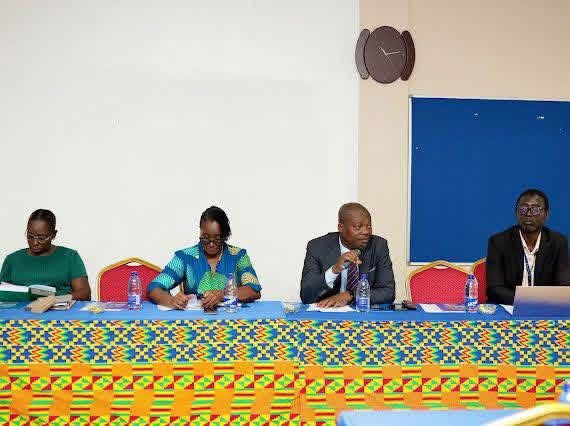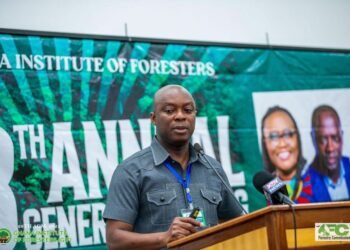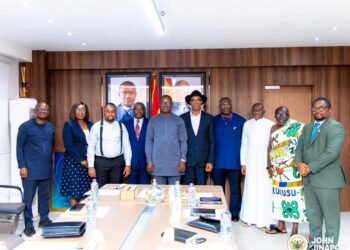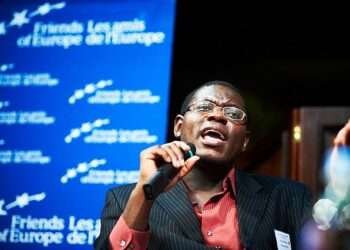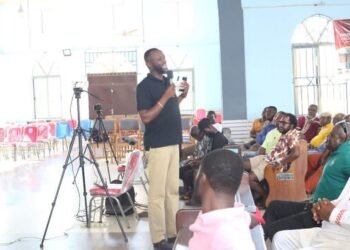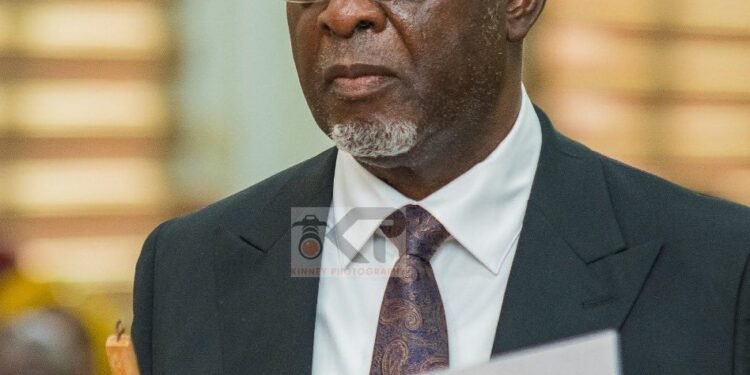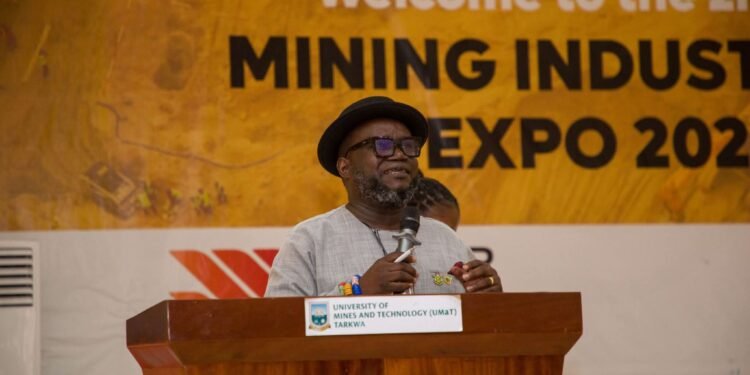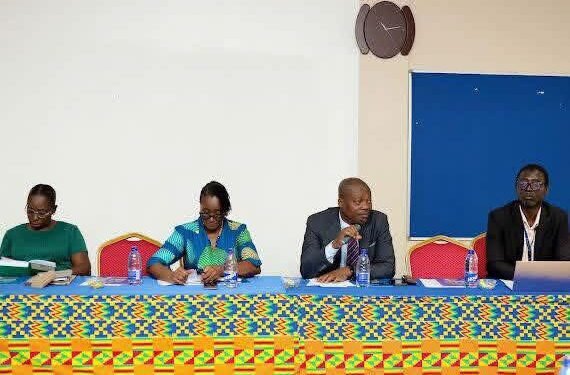The Energy Commission of Ghana has taken a proactive step in fostering stronger ties with the country’s renewable energy stakeholders.
In a recent Board and Stakeholders Engagement session, the Commission brought together over 40 participants from across the renewable energy landscape to discuss key industry concerns and strengthen collaborative efforts.
The Commission’s leadership emphasized the importance of compliance, highlighting critical areas such as timely license renewals, proper labeling of imported equipment, and adherence to relevant regulations.
“We will continue to organize sensitization programmes to ensure no one is left behind,” Board Chairman of the Energy Commission, Prof. John Gartchie Gatsi. Gatsi assured.
The meeting, chaired by the Board Chair, Prof. Gartchie, provided a platform for open dialogue and exchange of ideas between the commission’s staff and the relevant stakeholders.
Efficiency and Transparency
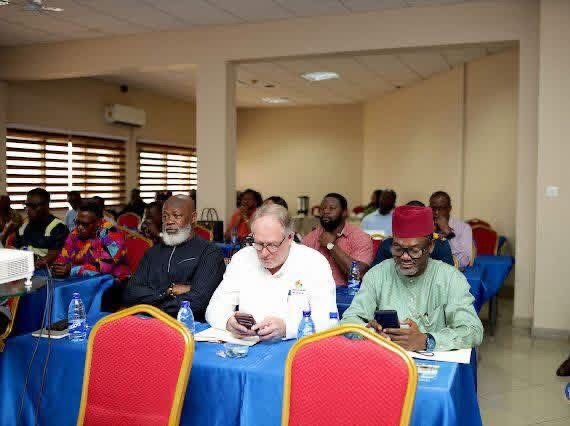
One of the significant outcomes of the engagement was the Commission’s plan to launch a digital portal for online license applications and monitoring.
The initiative which aims to enhance efficiency and transparency in the licensing process, ensuring a seamless experience for renewable energy stakeholders.
The meeting also provided an opportunity for stakeholders to voice their concerns and offer constructive suggestions to the Commission. Issues such as net metering, license categorization, local content, and dispute resolution were discussed, with the Energy Commission’s Acting Executive Secretary, Mrs. Eunice Biritwum, and the Heads of Legal and Renewable Energy Regulation, responding to each query.
Ghana’s Renewable Energy Transition
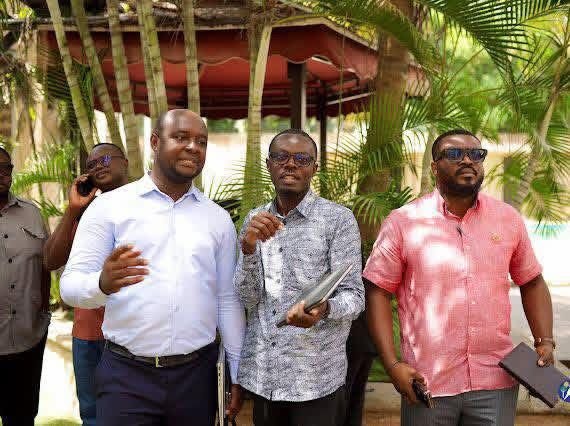
The Energy Commission Ghana plays a pivotal role in the country’s transition towards a sustainable energy future.
Being the primary regulatory body for the energy sector, the Commission is responsible for developing and implementing policies, regulations, and standards to promote the efficient utilization of energy resources, including renewable energy.
The Commission over the years has championed the nation’s clean energy transition through its Renewable Energy Master Plan.
The plan which targets a significant increase in renewables’ share of the electricity generation mix, aiming for 10% by 2030 and a more ambitious 30% by 2030 in some official pronouncements, with a longer-term goal of 50% by 2060.
The Commission’s key projects include major utility-scale solar power plants and the development of West Africa’s largest floating solar project on the Bui Reservoir.
The Commission is also promoting the “Drive Electric Initiative” to encourage the use of electric vehicles and manage excess electricity, alongside facilitating private sector investment through feed-in tariffs and competitive procurement processes.
These efforts, backed by the Renewable Energy Act, 2011 (Act 832), leverage Ghana’s abundant solar, wind, and biomass resources to enhance energy security and reduce carbon emissions.
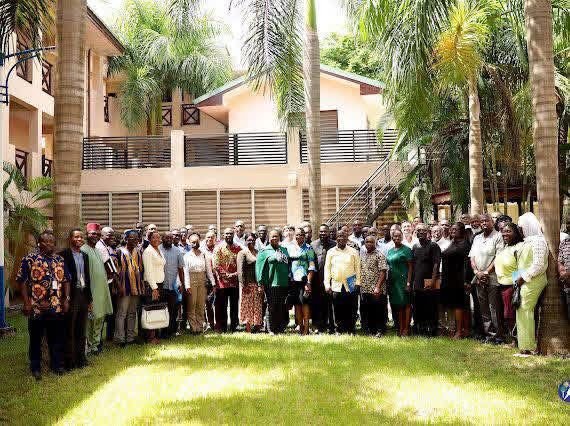
This recent engagement with renewable energy stakeholders demonstrates the Commission’s commitment to fostering a collaborative and inclusive environment.
By actively listening to the industry’s concerns and working together to address them, the Energy Commission aims to create an enabling ecosystem that supports the growth and development of Ghana’s renewable energy sector.
This strategic engagement sets the stage for continued progress and strengthened partnerships between the Energy Commission and its diverse stakeholders.
While the nation embarks on its renewable energy journey, this collaborative approach will be instrumental in unlocking the full potential of sustainable energy sources and driving the country’s sustainable development goals.
READ ALSO: Merz Discusses Ukraine’s Anti-corruption Efforts With Zelenskyy

